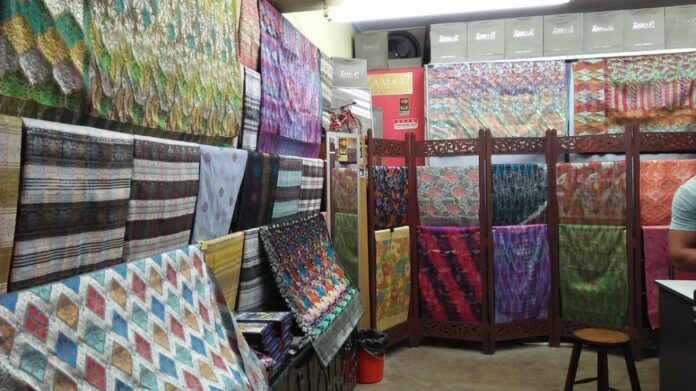Unesco’s recognition for ‘songket’ is the world’s highest recognition for intangible cultural heritage. – Picture via Facebook/Hajah Nancy Haji Shukri
KUALA LUMPUR, Dec 16 – Malaysian culture has received recognition from the United Nations Educational, Scientific and Cultural Organisation (Unesco) for the sixth time after songket was added to the List of Intangible Cultural Heritage of Humanity.
Unesco confirmed its recognition for songket at its headquarters in Paris, France during the 16th Session of the Intergovernmental Committee for the Safeguarding of Intangible Cultural Heritage, which was conducted virtually, reported Coconuts.
The inclusion on Unesco Representative List is the world’s highest recognition for intangible cultural heritage which helps boost and promote heritage on a global scale.
According to the Ministry of Tourism, Arts, and Culture (Motac), the inclusion of songket on the list boosts awareness to protect Malaysian culture and encourages people to learn the art as well.
“This recognition by Unesco raises awareness about preserving the heritage of various cultures in Malaysia.
“It will also motivate the younger generation to take an interest in songket-weaving.”
Songket is hand-woven silk or cotton fabric with exquisite gold or silver thread patterns that may be seen in Malaysia, Brunei, Indonesia, and Singapore.
The metallic threads of the songket, which were formerly reserved for royalty in the 16th century, shone out against the backdrop material to produce a shimmering appearance.
Malaysia currently has six intangible cultural heritages on the Unesco Representative List including mak yong (Malay traditional dance), dondang sayang (Malay love song), silat (Malay martial arts), pantun (Malay poetry, included alongside Indonesia), and the Wangkang ceremony (Chinese barge festival to ward off evil spirits).


